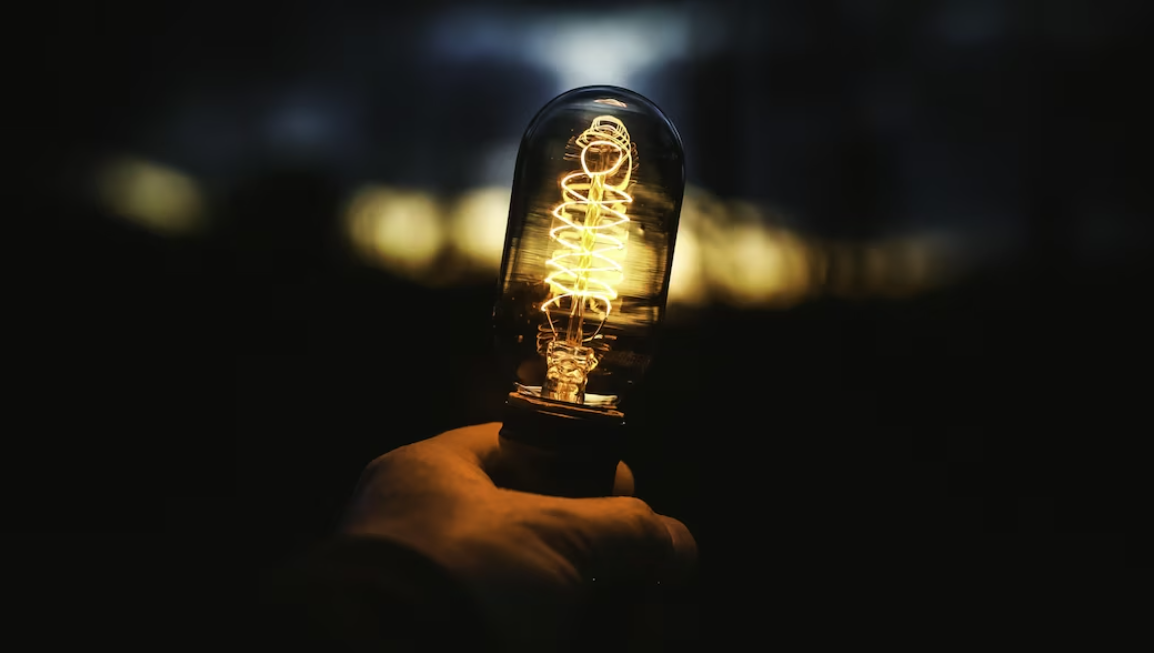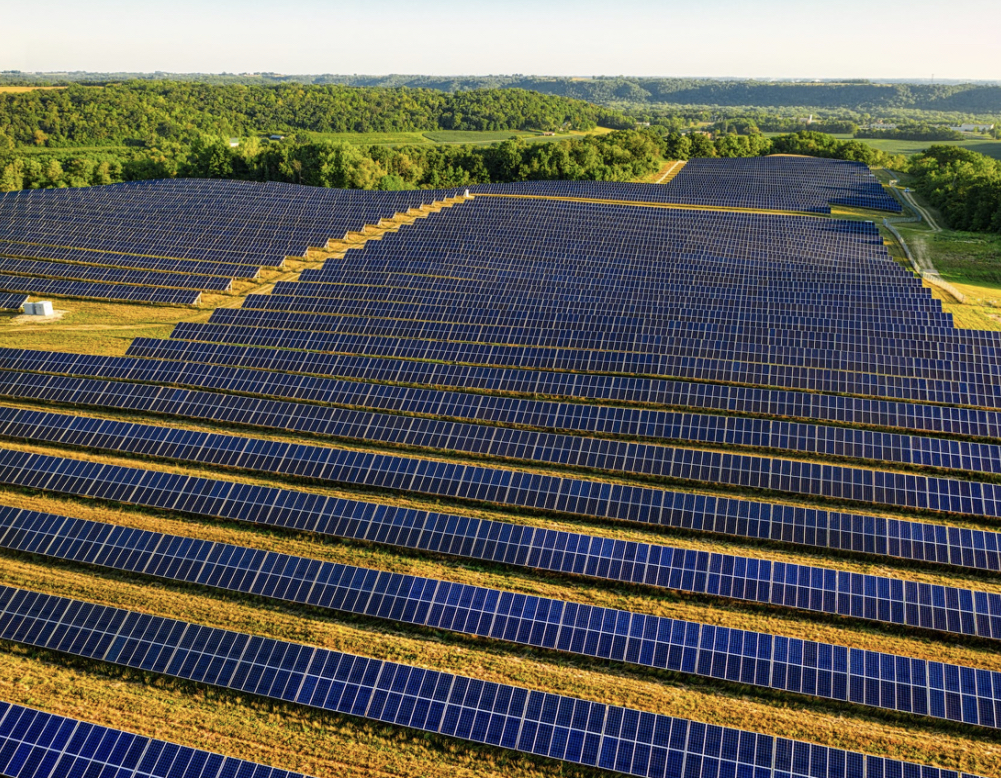In the recent downtime of WhatsApp, Instagram, and Facebook, we experienced the frustration of a digital blackout. But imagine a world without electricity, where even more significant disruptions occur. In this article, we pay homage to this revolutionary invention by exploring the question: Who are the minds behind the creation of electricity?
What Is Electricity?
Although you may have a grasp of electricity’s concept, defining it proves intricate. Often, it is used interchangeably with electrical energy. Textbooks describe it as the flow of electrical charge or power, but what does that truly entail? A better question emerges: “Why is electricity essential, and how is it obtained?”
Electricity emerges from the conversion of primary energy sources: natural gas, coal, oil, or nuclear power. Additionally, wind, solar, or hydroelectric energy can produce it.
Due to its purpose, electricity is considered a secondary source of energy. It illuminates your home, provides warmth, and powers appliances. As they say, “Without electricity, we’d all be watching TV by candlelight.”
Pioneers of a Revolutionary Era
The invention of electricity is not confined to a single defining moment in history; rather, it emerged through a series of pivotal moments that paved the way for a transformative era. Each visionary and revolutionary figure played a crucial role, in bringing humanity closer to the electrified world we inhabit today.

Benjamin Franklin
- In 1752 he unveiled the fundamental principles of electricity.
During the Founding Fathers’ era, a remarkable innovator graced the world with a multitude of technological wonders. From bifocals to swimming fins and the Franklin stove, Benjamin Franklin’s creative genius knew no bounds. His impact extended beyond inventions, even inspiring a beloved Disney character. However, one of Franklin’s most significant contributions was the lightning rod. In a daring kite experiment during a Philadelphia storm in 1752, he unveiled fundamental principles of electricity, forever altering our understanding of this captivating force.
Thomas Edison
- He created a light bulb in 1879.
Amidst history’s luminaries, Thomas Edison stands as a beacon of innovation, for he brought forth the radiant glow of electric light. In 1879, a brilliant idea flickered to life within him, leading to the patenting of his revolutionary invention: the light bulb.
While British inventors had glimpsed the possibility of electric light before him, it was Edison’s ingenuity that earned global acclaim, immortalizing him as the namesake of the cherished incandescent lamps that continue to illuminate our lives.
Nikola Tesla
- He applied for his first patent – an electric arc lamp – on March 30, 1884.
Edison’s groundbreaking invention of the light bulb owed its existence to the direct-current (DC) electrical system, equally remarkable and pivotal in supporting his patent. For a time, Edison’s DC system reigned supreme, dominating the world’s electrical landscape until the advent of Nikola Tesla.
With Tesla’s entry into the scene, a fierce rivalry ensued, giving birth to the famed “War of the Currents” in the late 1880s. Tesla, unlike Edison, discerned the limitations of the DC system, particularly its inability to convert efficiently between higher and lower voltages. In response to this challenge, Tesla ingeniously invented the alternating current (AC), which has now become the ubiquitous choice for electrical systems worldwide.
Intriguingly, the importance of converting between DC and AC extends even to modern solar panel systems, where the inverter plays a vital role in transforming DC energy into AC power. Thanks to Tesla’s visionary insights, alternating current now powers our world, illuminating homes and energizing our lives in ways Edison’s DC system could never achieve.
Conclusion
Undeniably, electrical power is an indispensable part of our lives, and its significance is crystal clear. Thanks to our enlightening journey into science and history, you’ve gained the ability to define electricity with confidence. From this point onward, the names of these three extraordinary revolutionaries—Ben Franklin, Thomas Edison, and Nikola Tesla—shall forever be etched in your memory.
These brilliant minds emerged as beacons of light, illuminating the world and leading us out of darkness. Their groundbreaking experiments with electrical principles bestowed upon us invaluable inventions, including the lightning rod, the light bulb, and both DC and AC systems. As we navigate through occasional blackouts, let us remember to pay homage to these ingenious minds who shaped our electrified existence.








